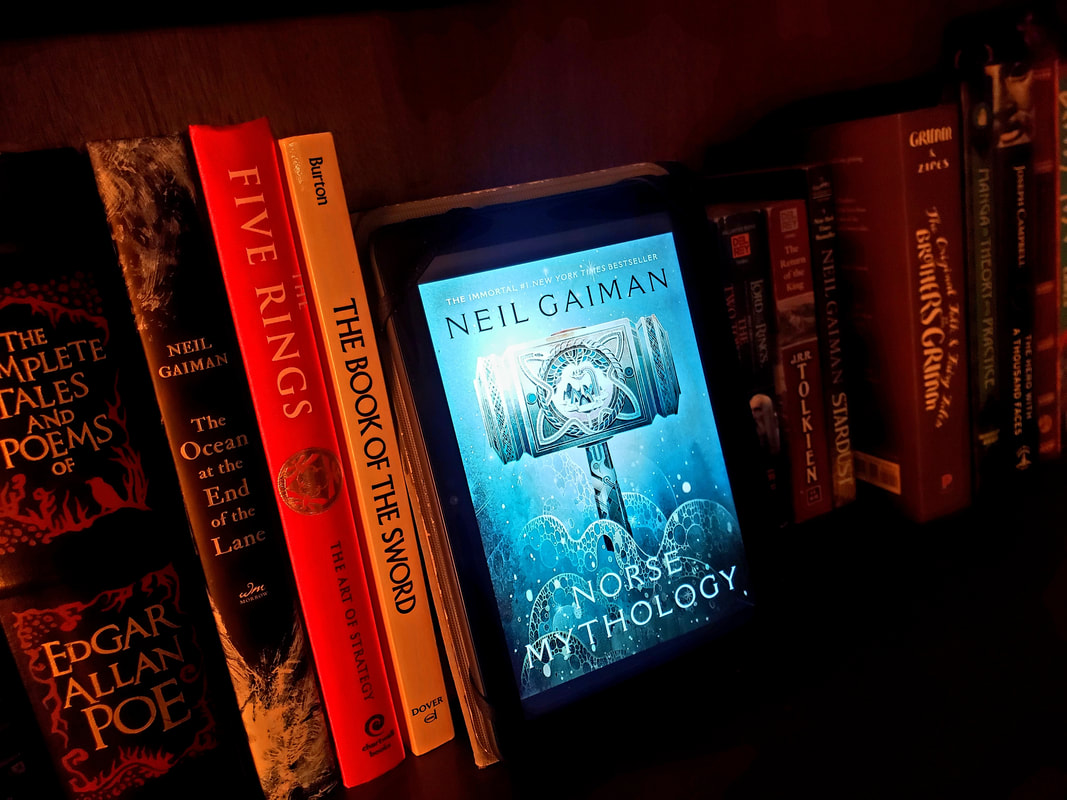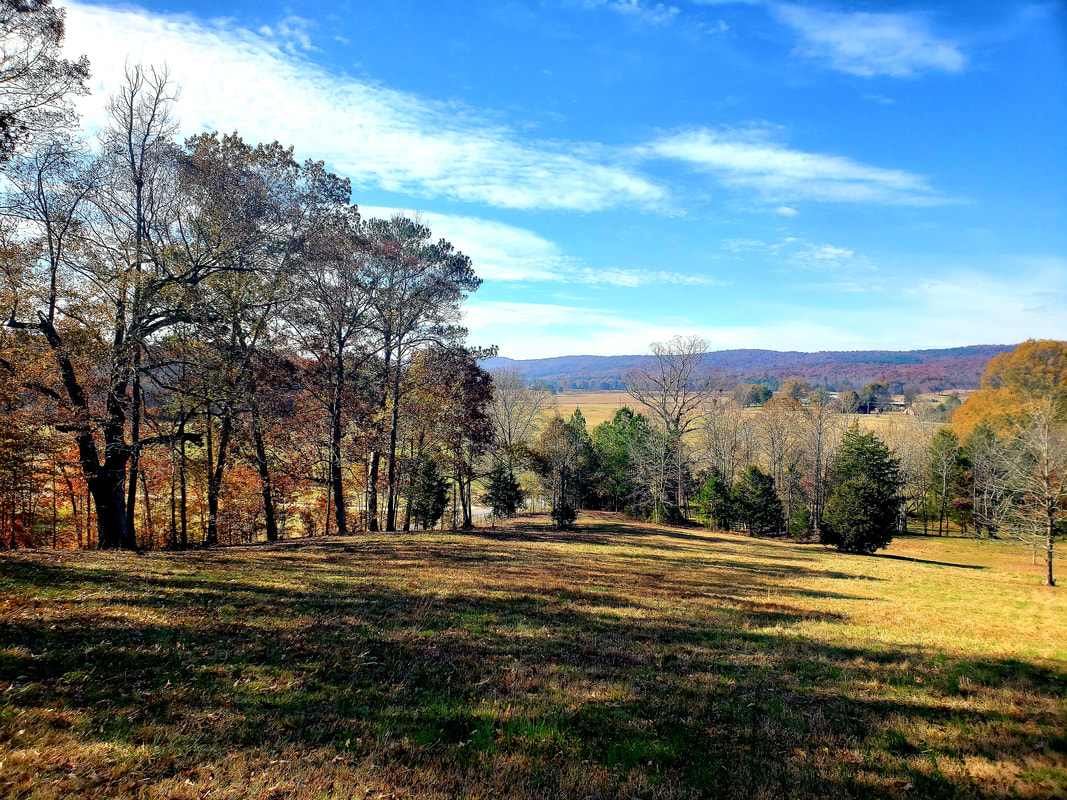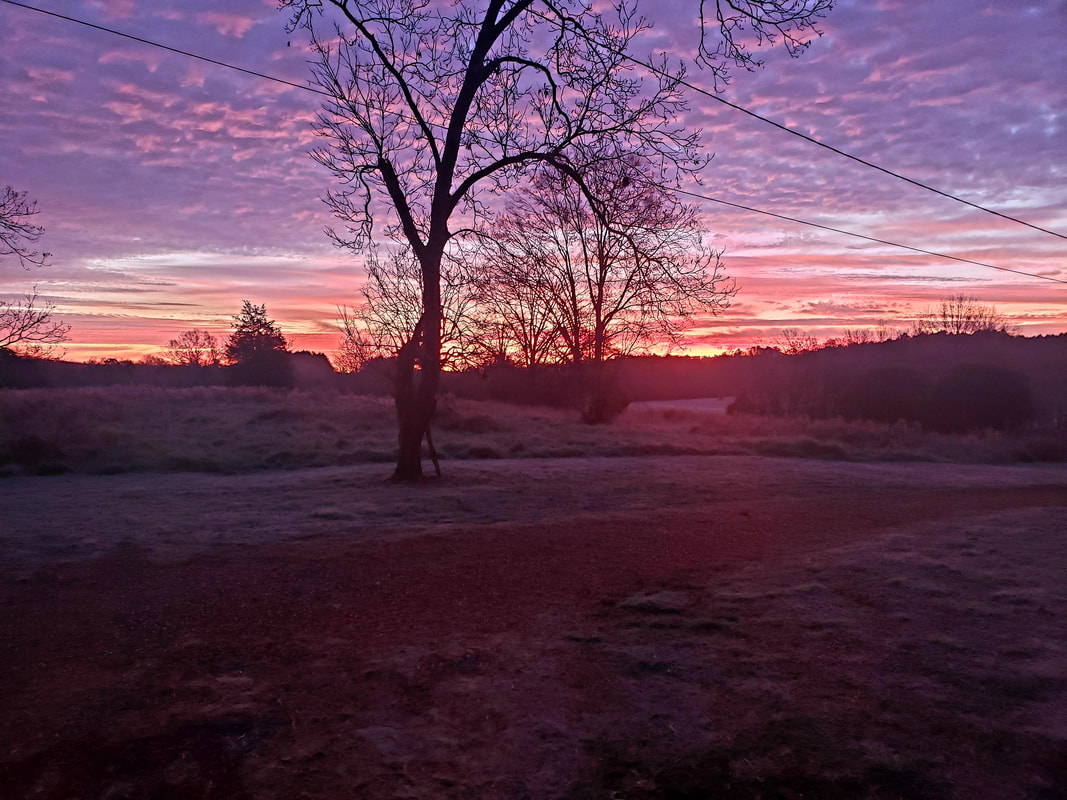Book Review: |
Details
William F. BurkAward-winning author of fantasy, flash fiction, and poetry. Author of "The Heart of Hearts," a debut fantasy novel. Always writing, forever and ever. Archives
May 2024
Categories
All
|



 RSS Feed
RSS Feed